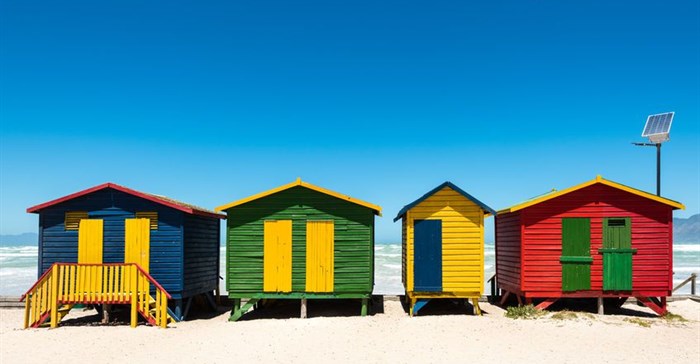FEDHASA committed to sustainable and responsible tourism in practice

A duty to uphold sustainable tourism
The UNWTO seeks to promote responsible, sustainable and universally accessible tourism and to further position it as the driver of economic growth, inclusive development and environmental sustainability. The UNWTO declared 2017 as the Year of Sustainable Tourism.
FEDHASA CEO, Tshifhiwa Tshivhengwa says the association’s members have a duty to uphold sustainable tourism within their establishments and adds that measures have been put in place to ensure they stick to the UNWTO’s list of environmentally sustainable tourism guidelines.
“As the lobbying body for the hospitality industry in the country, we need to make a concerted effort to ensure that our members support sustainable and responsible tourism in practice,” Tshivhengwa says. He was speaking ahead of World Tourism Day on Wednesday, 27 September.
Operating sustainably
To operate sustainably, minimising waste, conserving water and reducing an establishment’s carbon footprint are three top priorities for SA member establishments. “We need to adapt to the world we live in, which is ever-changing, and its effects on the environment has been unkind. It’s our responsibility to make sure we enforce efforts that will both benefit the environment, our establishments, as well as our guests,” he says.
Since energy and water usage fit into the high consumption category for hotels, Tshivhengwa says in order for member establishments to comply with sustainable tourism guidelines, establishments are encouraged to make use of solar panel heating, as well as energy-saver bulbs to decrease the use of electricity. “These are merely two methods hoteliers use to cut down on electricity, which was implemented during the country’s power crisis, they are extremely effective and makes a big difference,” says Tshivhengwa.
And to save water, Tshivhengwa adds that FEDHASA members should think creatively and out of the box to conserve and preserve the much-needed natural resource. “We need to put tangible measures in place and make sure we stick to them in order to save water,” he says. He describes Cape Town’s water crisis as a “real disaster” and appealed to establishments in other provinces to continue to follow their water-saving initiatives. Installing water restrictions on shower heads, introducing a grey-water recycling system and even removing bath plugs from bathrooms to discourage guests from taking a bath are just a few initiatives hotels around the country have implemented to become water-smart.
“Without water we cease to exist and while we know other provinces are not affected by this crisis, that doesn’t mean it’s not our problem. We need to think ahead and be proactive. It’s a combined effort and is everyone’s responsibility,” Tshivhengwa says.
Similarly, Tshivhengwa says an equal emphasis should be placed on minimising waste, which is essential to reducing the amount of waste that goes to the landfill. He says hotels have recycling measures in place ensuring they reduce their carbon footprint and using less plastic is high on the list. “The hospitality industry is committed to recycling to lessen the amount of waste filling our landfill space at an alarming rate. However, more needs to be done. We need to work together to make sure we operate sustainability to conserve the environment for long after we have departed,” he says.

































